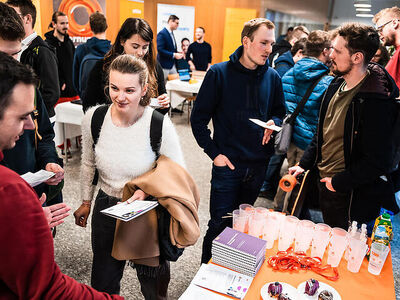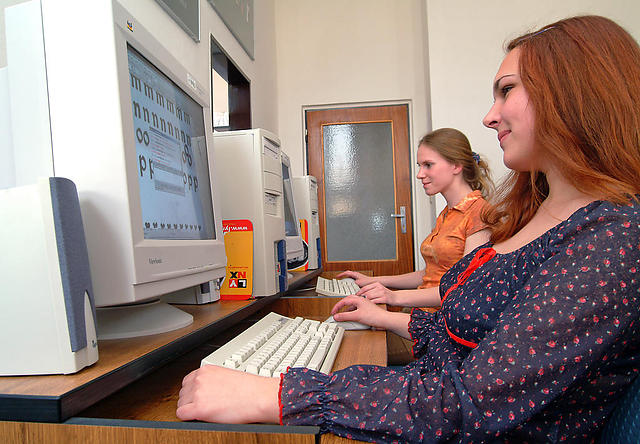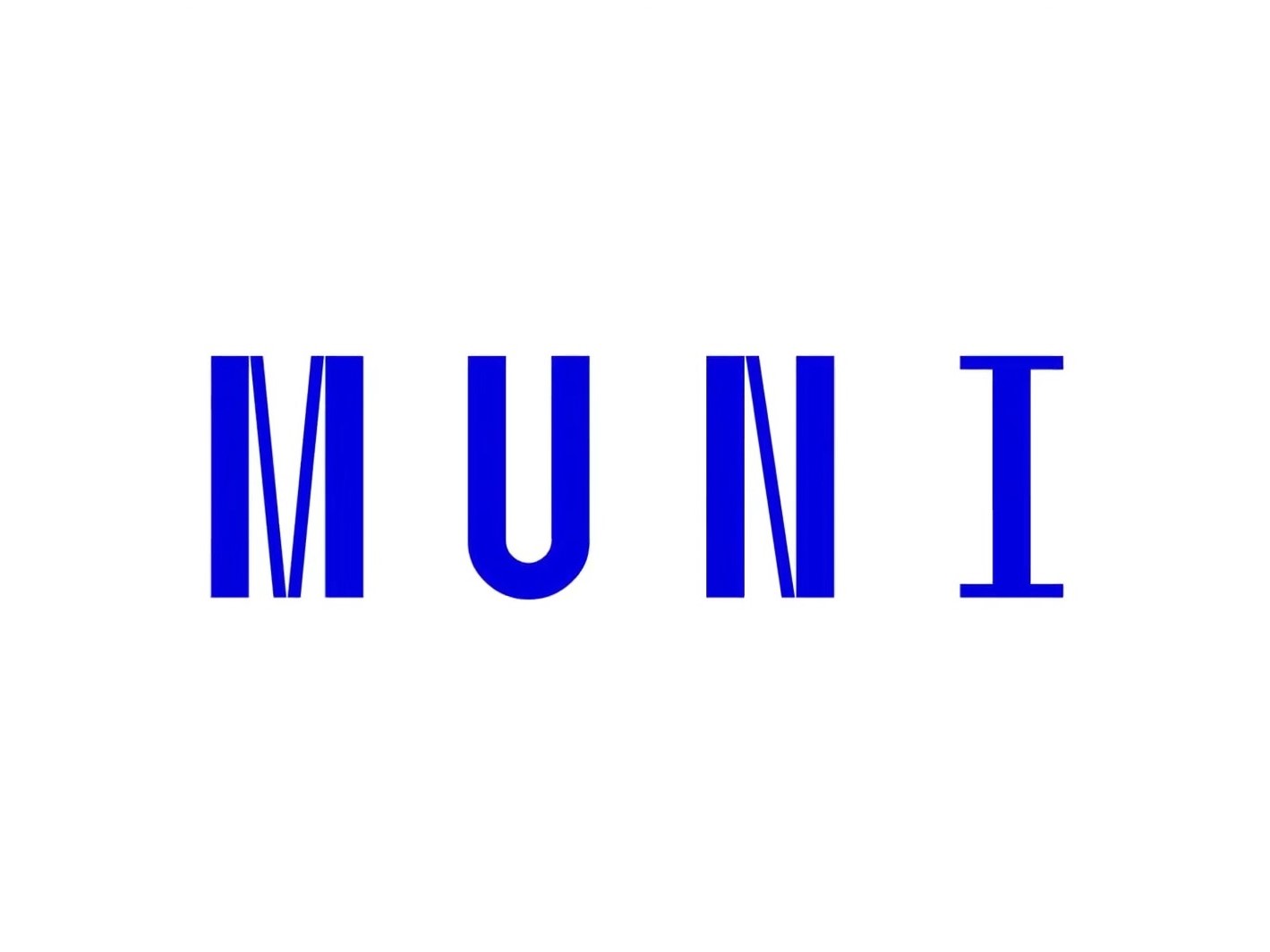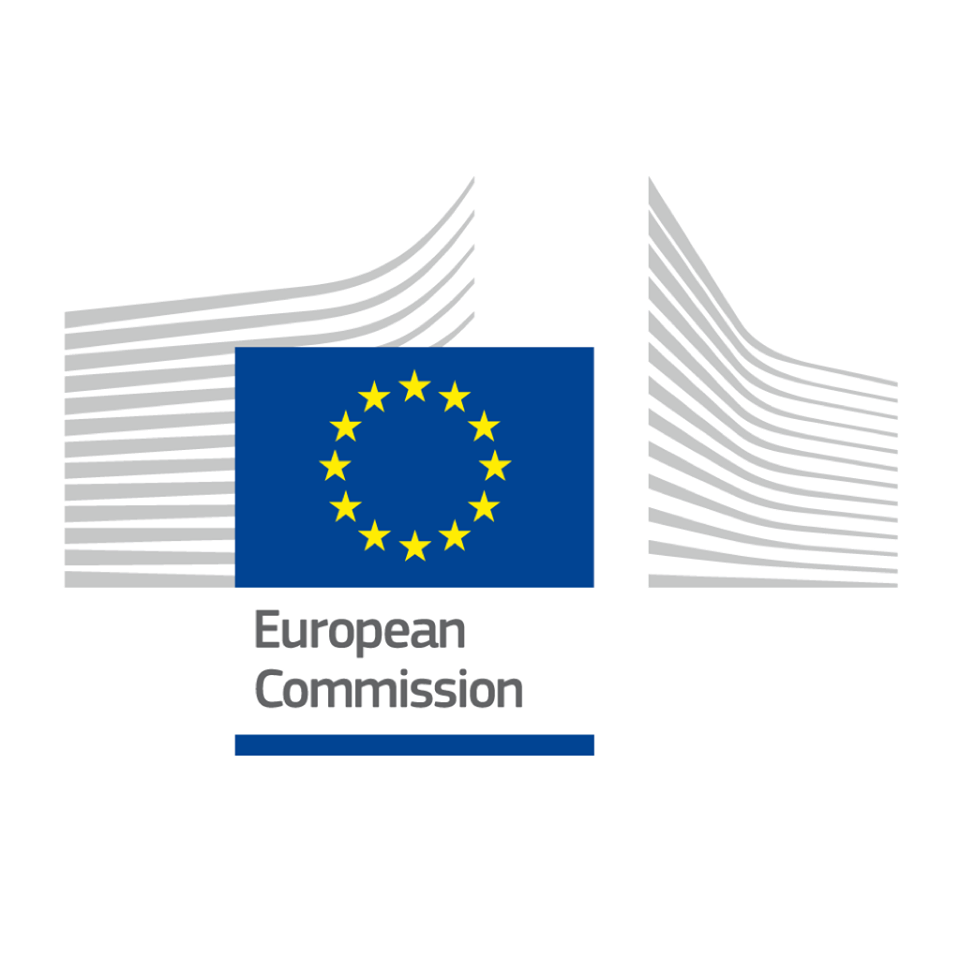Invitations to events related to the International Day of Women and Girls in Science 2025
What conferences, seminars and other events are taking place this year as part of the International Day of Women and Girls in Science?
On February 11, 2025, the conference
"Become a Woman Scientist for a Day" will be organized by the Faculty of Nuclear Engineering of CTU together with the Faculty of Electrical Engineering of CTU, in collaboration with Second Foundation, BNL-CZ and CERN-CZ. The conference, with female experts from practice and academia, will offer participants the opportunity to experience science first-hand. They can choose from topics ranging from particle physics to robotics to precision machine calibration.
On 11 February 2025, the Faculty of Science of Charles University will host the
Women in Science: Challenges and Opportunities on the Way. The event starts at 5.30pm - an evening of inspiring stories and stimulating discussions, with women researchers from different backgrounds sharing their experiences.
Palacký University in Olomouc is organising a "Debate with Women Scientists in the Fortress of Knowledge" on 10 February 2025 and a "
Breakfast with Science in the Student Club" on 11 February 2025, especially for junior women scientists and PhD students. Mgr. Michaela Šaradín Lebídková, Ph.D. from the Faculty of Social Studies MU (FSS MU). Her main research interest is digital intimacy and digital wellbeing, which she explores through the lens of media effects. The topic of digital wellbeing is addressed in a joint project of FSS MU and FI MU.











